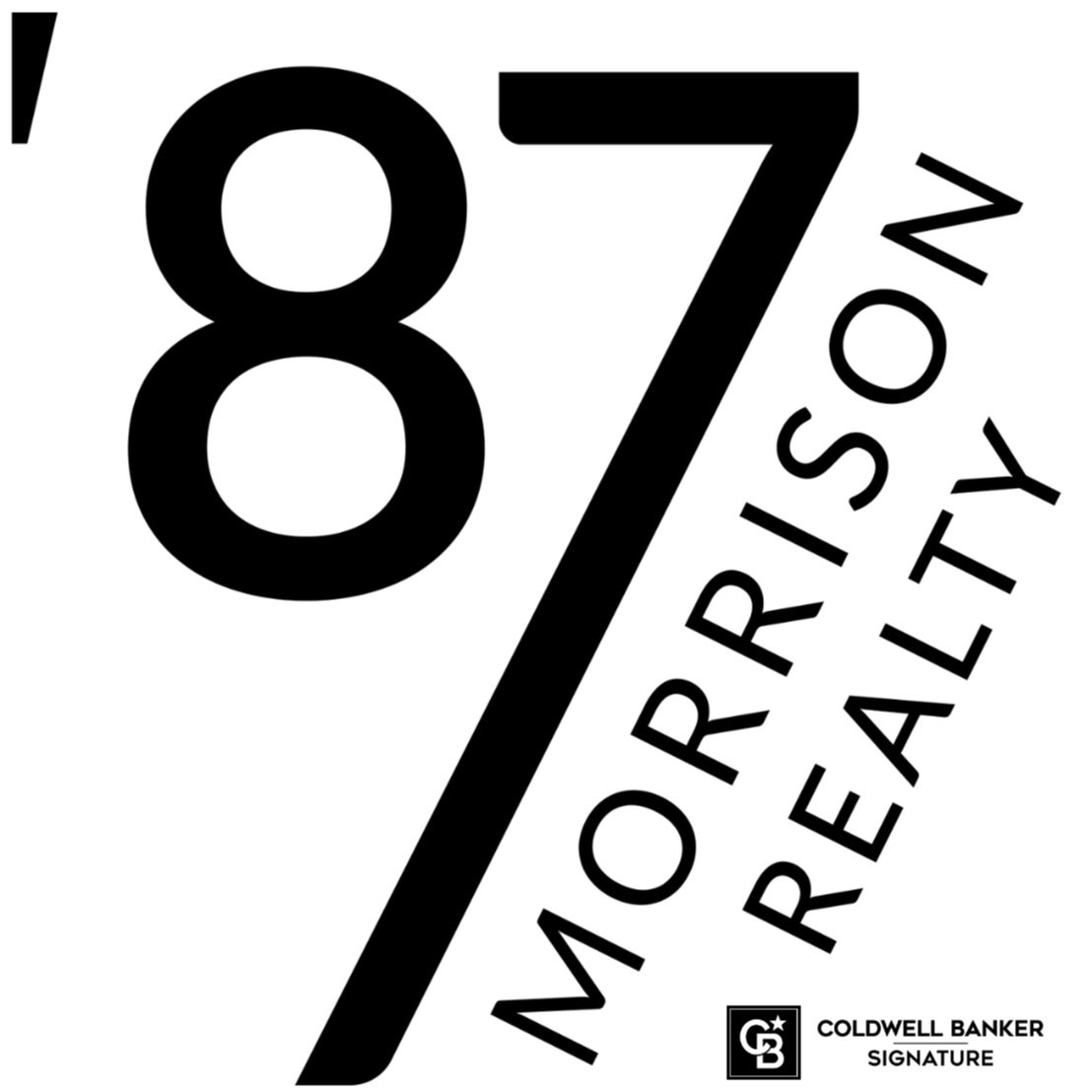Evaluating Home Damage: Move Forward or Look Elsewhere?
This week, we have special guests Oliver Lambert & Brett Boynton here from The Disaster Safety Team to talk about when you find significant damage in a home you’re considering purchasing.
First things first, you must take a step back and evaluate your options carefully. The decision to proceed with a purchase under these circumstances requires a thorough understanding of the extent of the damage, the potential costs of repair, and how these factors align with your goals and resources.
Engage Your Real Estate Advisor
Your real estate agent is your primary ally in navigating the complexities of purchasing a damaged property. It's vital to solicit honest feedback on the property's condition, market value, and how long it has been listed.
Asking pointed questions about their concerns, the correctness of the home's pricing, and necessary repairs can help gauge whether the investment makes sense. Expertise from a team like Morrison Realty ‘87 can significantly influence your decision, offering insights into whether the property is a viable option or if you should continue your search elsewhere.
Professional Damage Assessment
Before making any decisions, it is crucial to enlist a home inspector and a contractor to inspect the property. These professionals can provide a detailed damage assessment and estimate the repair costs. This information is invaluable as it affects the negotiation process with the seller and your budgeting. Knowing the full scope of the damage ensures you are not caught off guard by unforeseen complications after purchasing the home.
Thorough Pre-Closing Walkthrough
If you're contemplating running your own business from your recently acquired residence, there are crucial additional factors to ponder before finalizing any agreements. Ensuring thorough risk assessments are conducted before establishing your workspace is paramount, particularly considering certain business activities may introduce hazards that pose potential risks to visitors or employees on-site.
In tandem with acquiring comprehensive home insurance coverage, it's prudent to explore setting up a Limited Liability Company (LLC) for your business endeavours. An LLC provides a structured framework for your operations and serves as a shield against personal liability, and a formation service like ZenBusiness can handle the heavy lifting. However, navigating the nuances of LLC formation mandates researching the specific regulations governing your state to ensure compliance and mitigate any unforeseen legal challenges.
Negotiation of Repairs
Negotiating which repairs should be completed by the seller before the sale is finalized is a critical step. This negotiation should be based on the earlier assessments conducted by your hired professionals. It’s essential to have an explicit agreement on which repairs are necessary for the safety and functionality of the home, ensuring these are completed to your satisfaction. This can also include negotiating a lower purchase price if you agree to undertake some repairs yourself.
Legal Consultation
Hiring a real estate attorney can provide additional security. An attorney will review the sale contract to ensure all terms are fair and your interests are adequately protected. This includes ensuring any agreements on repairs, warranties, and the house's condition at the time of sale are legally binding. Legal expertise in real estate transactions can prevent costly mistakes and legal complications.
Contract Review Process
It’s imperative to review the home sale contract thoroughly before signing. Ensure that all the terms discussed, including repair agreements and any warranties on the house's condition, are explicitly stated in the contract. This review helps prevent misunderstandings and ensures all parties have a clear, enforceable agreement on the conditions of the sale. It is essential to take your time during this process and consult with your attorney to clarify any complex legal terms.
Final Decision Making
You must decide whether to purchase based on comprehensive evaluations, professional advice, and personal considerations. This decision should consider the potential return on investment, the cost and scope of necessary repairs, and your personal or business needs. If the risks and costs outweigh the benefits, consider other properties that better meet your requirements.
Purchasing a home with significant damage presents unique challenges and opportunities. By methodically assessing the situation and consulting with professionals, you can make an informed decision that aligns with your long-term objectives. Remember, the goal is not just to buy a house but to invest in a home that will be safe, functional, and beneficial for your future.

